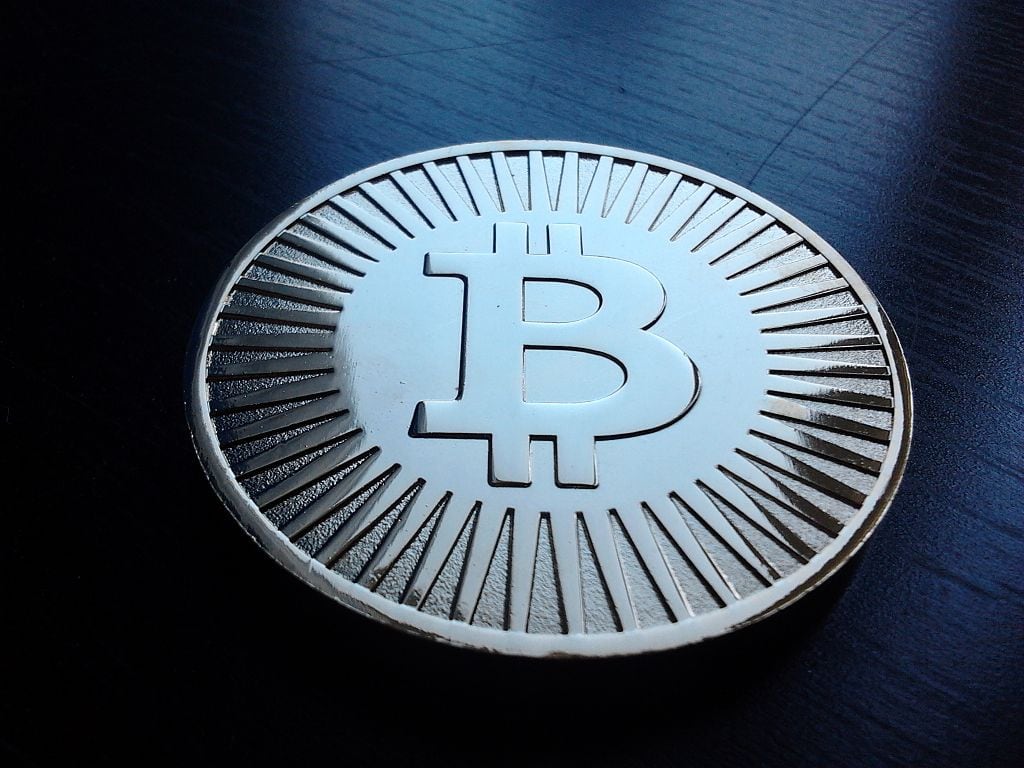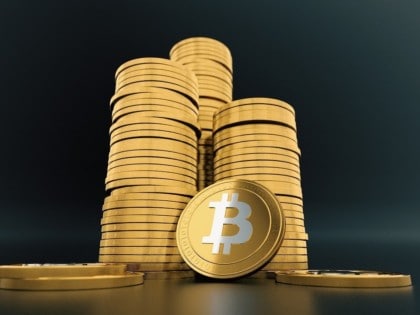
Members of the bitcoin community may soon be able to spend their coin almost anywhere in the world.
John Donahoe, CEO of eBay, said recently that he is considering the integration of bitcoin with the company’s extremely popular payment processing service PayPal, according to International Business Times. If this were to happen, users that are set up to accept or make payments via PayPal – i.e. much of the Western digital world – would be able to do so with bitcoin. While technically, nothing is stopping those same users from carrying out transactions in the crypto-currency already, the legitimacy and sheer market penetration that PayPal could offer to the bitcoin community could be a serious boon.
“We think bitcoin will play a very important role in the future,” Donahoe said in a May 13 Q&A session at the company’s annual shareholder meeting. “Exactly how that plays out, and how we can best take advantage of it and enable it with PayPal, that’s something we’re actively considering. It’s on our radar screen.”
While Donahoe made it clear that, as of now, there is no certainty as to how or whether PayPal would actually begin accepting bitcoin, he made a comment that has led some to speculate that the payment processing giant could integrate a bitcoin wallet with its digital wallet. PayPal’s digital wallet product is already one of the most successful in the world, with almost 150 million registered users as of the first quarter of 2014, according to Statista.
“You can use digital currencies in the PayPal digital wallet,” Donahoe said, according to IB Times. “That’s in fact what PayPal is doing – is building a digital wallet that can take multiple types of currency.”
How bitcoin could benefit PayPal
Considering the above, it is relatively clear how integration with PayPal could benefit the bitcoin community, but what does PayPal have to gain?
There are two primary reasons why Donahoe would be interested in accepting a crypto-currency. The first is the blockchain’s advantages over the Automated Clearing House. Despite the protests of Mark Williams, a finance and economics professor at Boston University, to IB Times that “the backbone of PayPal is the ACH system, which is tried, true and stable,” the disadvantages of the ACH may be one of the primary reasons why PayPal would want to accept bitcoin.
Settlement with the ACH is not instantaneous. You may see funds disappear from your bank account the moment you make a transaction, but the actual settlement doesn’t happen until the next day at the earliest. There are plans to move to same-day settlement, but the payment processing industry moves at a snail’s pace. According to the Credit Union Times, after a year’s worth of “thoughtful exploration of feedback,” an interim rule proposal about how to conduct the change could take place as early as fall of 2014.
The ACH also charges fees. These fees aren’t as high as those charged by credit card processing networks, which can get as high as 5 percent of the total transaction in some cases, but they are not insubstantial for a payment processor as large as PayPal. The ACH usually charges a flat fee of roughly 50 cents, depending on a variety of factors, according to PaySimple. Bitcoin transactions are free, meaning better margins for the payment processing giant.
Another appeal that can’t be ignored is the publicity and demographic interest that crypto-currency commands right now. This attention could help to further propel PayPal into digital wallet dominance in a market that is rapidly becoming saturated with competitors.
Users of Dogecoin, another crypto-currency, recently demonstrated the sheer power of their attention when they helped upstart racer Josh Wise win the fan vote to get into the Sprint All-Star Race, beating NASCAR darling Danica Patrick.
A recent ConvergeX Group study on users of bitcoin found that they fit the profile of a tech early-adopter to a T. Overwhelmingly young and considerably more affluent than the average person, this is an appealing demographic for a tech payments company to attract.
Will the entirety of the bitcoin community move over to PayPal? Probably not – the 3 percent payment processing fee charged by the company doesn’t jive well with the hardcore crypto-currency aficionados’ M.O. Packaging bitcoin in with a digital product that the average internet user already knows and uses, however, may go a long way toward encouraging widespread adoption.







